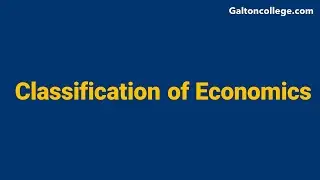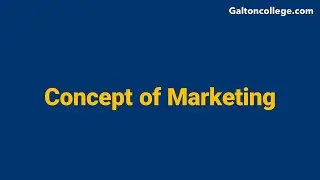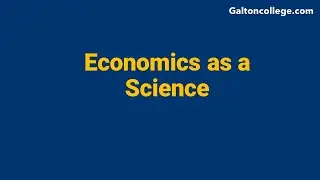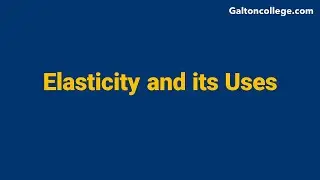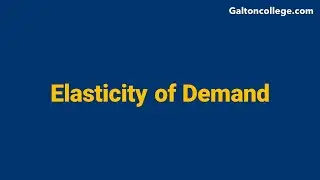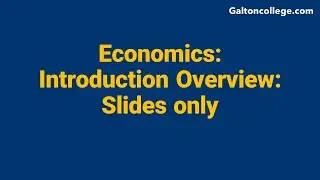McClelland Human Motivation Theory
McClelland's Human Motivation Theory, developed by David McClelland, focuses on three fundamental needs that drive human behavior: achievement, affiliation, and power. According to this theory, individuals have varying levels of these needs, and they influence their motivation and performance in the workplace.
Those with a high need for achievement are driven by personal excellence and setting challenging goals. Those with a high need for affiliation prioritize relationships, collaboration, and a sense of belonging. Individuals with a high need for power are motivated by influence and control. Understanding and catering to these needs can help leaders effectively motivate and engage their employees to achieve organizational goals.









